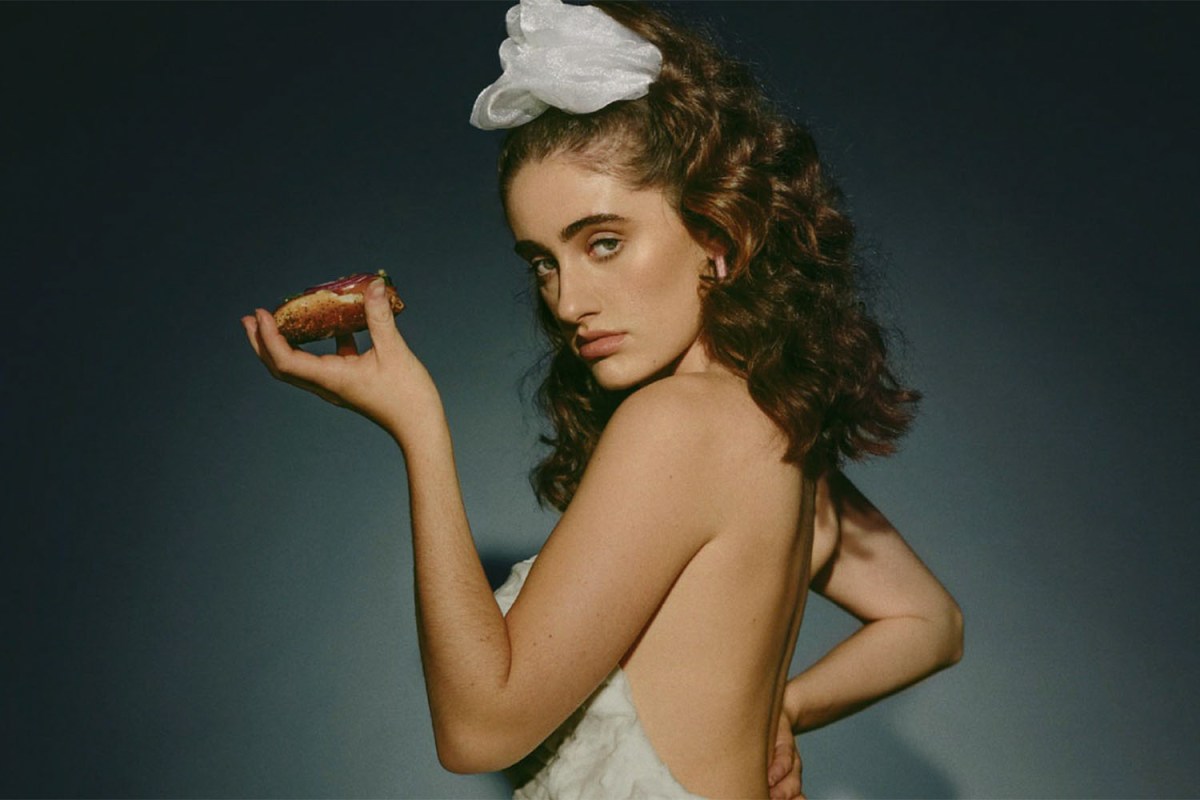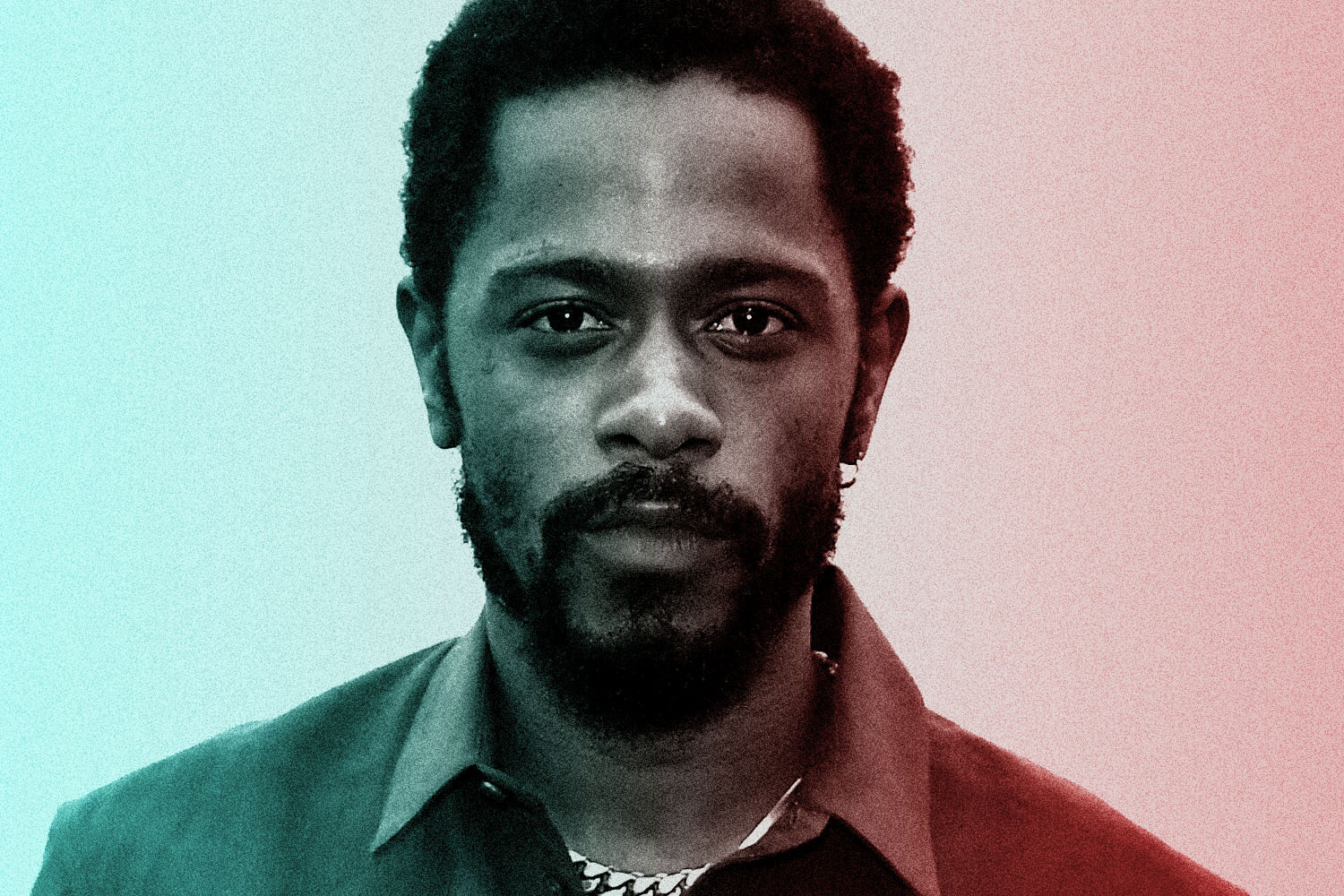In the new film Shiva Baby, college undergrad Danielle grits her teeth and ventures into a pocket of hell custom-designed for millennial Jewish women. She’s assented to her parents’ request that she attend the traditional religious funeral reception for someone she doesn’t even know, and so she’s somewhat prepared for Mom and Dad’s barrage of belittling questions about post-grad plans and dating prospects she doesn’t have. What Danielle had not anticipated is the presence of her ex-girlfriend Maya, heading soon to law school and throwing the aimless, unaccomplished Danielle’s lack of success into razor-sharp relief. From there, things keep getting worse, as the sugar daddy she was riding just hours earlier walks through the door. With his lovely, charming shiksa wife. And their infant child. Neither of whom Danielle knew about.
This nightmarish afternoon captures the particulars of a distinctly Jewish tension with a specificity frightening to anyone who’s been there: the pidgin of half-sentences that tumble into one another, the no-holds-barred criticisms lodged under the cover of loving care, the seeming awareness of all your tenderest psychological pressure-points. Writer-director Emma Seligman has lived it, as a 25-year-old NYU grad who’s spent plenty of time justifying her work and herself to kvetching relatives. But her star Rachel Sennott, who was raised Christian and stuck with it through young adulthood, has too. (Curiouser still, Dianna Agron, the actress playing the goyische “Malibu Barbie” married to Danielle’s secret slam piece, is Jewish.)
“I took as much as I could from my own life, especially in terms of family,” Seligman tells InsideHook during a Zoom call a few days before her debut feature premieres, more than a year after first slaying audiences at Sundance in 2020. “Since the movie was going to be one day, pretty much one location, I inserted every awkward comment I’ve ever experienced at an event that would make for funny lines.” And yet even though the rising filmmaker imbued her writing with the pieces of herself tied directly to her cultural identity, she couldn’t help speaking to her generation at large. Faced with greater adversity and uncertainty than their seniors in Gen X or the Baby Boom, her fellow millennials of all stripes must contend with mounting neuroses, fraught relationships both romantic and familial, and constant feelings of professional inadequacy. Dogma aside, we are all Jewish now.
“Someone told me recently that regardless of religion, everyone from New York is Jewish and everyone from Los Angeles is not Jewish,” Seligman laughs. Secular or observant, today’s popular concept of the archetypal Jew has more to do with a mindset characterized by unease and dissatisfaction. While searching for someone to embody that spirit for the senior thesis film that became Shiva Baby in 2018, Seligman found a kindred survivor in Tisch classmate Sennott. Now known for her notoriously raunchy stand-up act and plum role on the network sitcom Call Your Mother, the actress was then just another struggling-creative New Yorker staving off the Spanish Inquisition at social functions.
“When I first auditioned for the short, Emma and I talked a ton about the similarities between our two families,” Sennott says. “I have a very big family, Italian and Irish, and they’re on you at any event, whether it’s a party or a wedding or a funeral. ‘Have a drink! Are you drinking too much? Do you have a boyfriend? What’s going on with you?’ There’s a shared pressure for women to be having it all, or striving to have it all. Have fun and be free, but don’t wait too long to find a boyfriend. Be skinny, but the right amount. I do feel like that’s easy for any woman to tap into, when you’re getting assessed all the time, by family or your peers or society in a broader way.”
They bonded over long walks during which they’d talk through everything in their lives, the overarching themes being love, work and their uncomfortable intersection. As a sex worker, Danielle uses one to seize control of the other; in addition to the allowance her covert job earns her, she gets emotional nourishment from assuming the comfortable alter ego of an upstart entrepreneur with a brighter future than her own. “I remember, while we were doing the short, Emma talked to me about that feeling of having power over a guy, thinking ‘I’m in control,’ and then it flips and you have no idea what happened,” Sennott recalls. “At the time, I was like, ‘Totally!’ without any real idea of what she meant. When I was growing up, I didn’t think I was going to have sex until I was married, being really religious. Ah, you’re giving me that look because you’ve seen my comedy. But yeah, then I got into a psychotic relationship and it hit me — oh, it’s this!”
As Danielle’s client and parents amicably chat each other up and the separate spheres she’s built for herself collide, she loses her little oasis of sanity in a life going nowhere. She only feels like a grown woman when she’s on top of the older man who’ll soon pay her, so when he then hears her parents recite the nursery rhyme they sang to her as a child, she’s mentally sent right back to those days.
“What became the emotional core of the film was the realization that any power we feel we get from sex has limits,” Seligman adds. “It’s the essence of a young woman confronting two different versions of herself that she’s been putting up, one to her family and one in her private life … Setting the story in one day and in one location was the most essential thing, that with so little space, these compartmentalized versions of herself can’t help clashing.”
Seligman is conscious of the wider sociological dimension to the tempest of drama whipped up in these claustrophobic suburban sitting rooms. Danielle works as a sugar baby because it makes her feel good, but in a more immediate sense, because America in 2021 hasn’t left her with many money-making options. Job stress has long been par for the course for kids raised Jewish, a fire under the ass now shared by everyone between legal adulthood and age 40.
“In the Jewish world, if you’re not a doctor or lawyer, what are you even doing?” Seligman jokes. “Not to be a stereotype, but … At the same time, it makes more sense not to follow a traditional career path these days, because the idea of a traditional career path has been thrown out the window. There’s no longer a guarantee of making money after college. Everyone’s figuring out how to navigate this new climate where we’ve all got to have a bunch of slashes in our job title to get by.”
While parts of Danielle evoke Tony Soprano, sweating the divide between his nosy domestic set and his off-the-books associates, she’s probably closer to another HBO titan, Lena Dunham’s Girls persona of Hannah Horvath. As another floundering millennial woman with a liberated sexuality and a propensity for brilliantly semi-self-aware one-liners, Danielle follows in the footsteps of the character who idly wondered if she might be the voice of her generation. (Pushed to her wits’ end, Danielle eventually snaps in retort to needling about her self-designed college major, “It’s not a career, it’s a LENS!”) Seligman never goes so far as to feed Danielle such a declaration outright, and she doesn’t have to. Within the insular Jewish enclave onscreen, contemporaries of Seligman and Sennott don’t find themselves, but are confronted with themselves. Sennott mentions a recent interview in which a Nigerian girl effused to them about the eerie similarities to her own family; I think back on Susie Essman musing that West Africans have told her that her ball-breaker on Curb Your Enthusiasm reminds them of their crazy aunt.
“I tried to write from my perspective, so it makes me feel good to be understood by people of different backgrounds,” Seligman says. “I guess that means we’re in it together. You know, someone once told Rachel her comedy is Jewish, and she asked me, ‘What does that mean?’ and I said, ‘I think it just means there’s tension?’”
With a laugh, she adds, “It’s a compliment, anyway.”
This article appeared in an InsideHook newsletter. Sign up for free to get more on travel, wellness, style, drinking, and culture.























